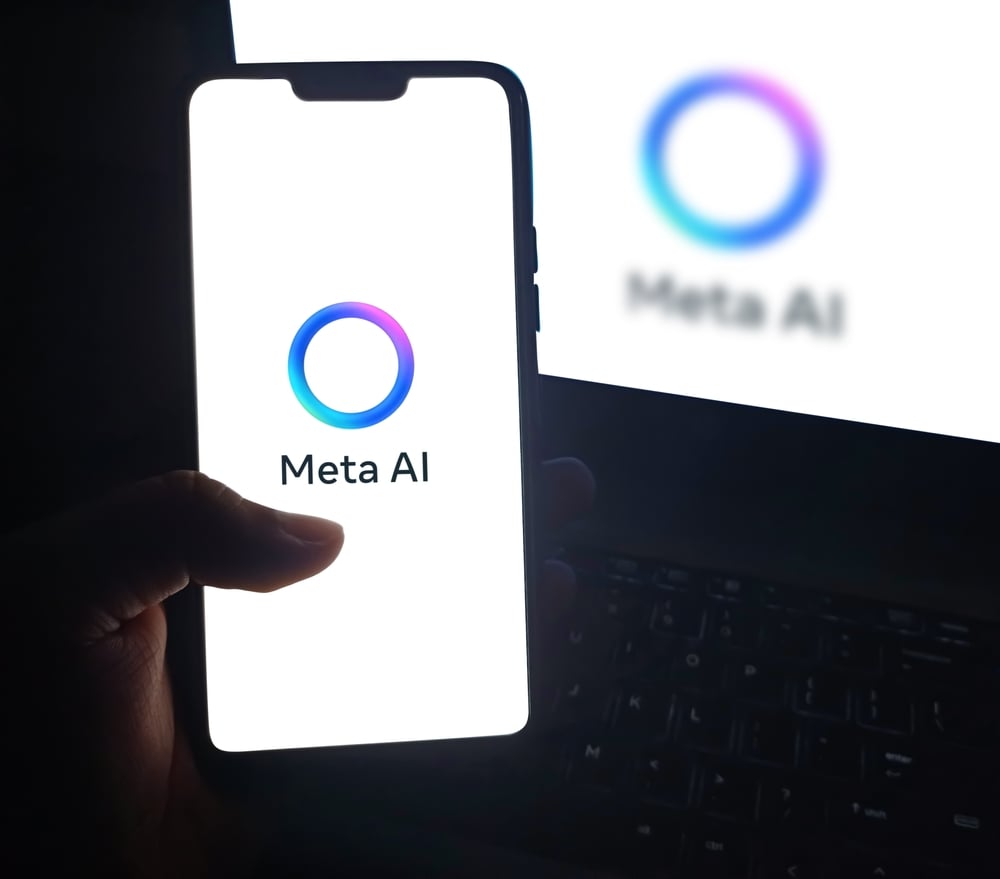Meta’s push into augmented reality (AR) has taken another big step forward with its new Orion AR glasses. Despite looking like an ordinary pair of black-framed glasses, Orion represents a key piece of Meta CEO Mark Zuckerberg’s long-term vision to create the next dominant computing platform — one that will eventually replace smartphones.
At Meta’s headquarters in Menlo Park, California, Orion was demonstrated to select media, revealing how the glasses allow users to interact with holograms and AI in real-time. While Meta doesn’t plan to sell the Orion glasses anytime soon due to their complexity and high production cost, the device marks a significant advancement in AR technology. The demo showed off a wide 70-degree field of view, clear visuals via custom Micro LED projectors, and an advanced “neural wristband” for gesture-based control.
Zuckerberg envisions AR glasses as a way to bring digital interaction directly into real-world environments. Users of Orion could one day communicate with holograms and engage with artificial intelligence seamlessly, merging virtual and physical worlds. However, Meta has decided to hold back on mass-producing Orion due to its prohibitively high manufacturing costs, estimated around $10,000 per unit, mainly driven by the silicon carbide lenses used to create clear, immersive AR experiences.
Despite Meta shelving Orion as a consumer product for now, the company is optimistic that a more cost-effective version, likely featuring improved display resolution and lower production costs, will be available in a few years. The company is focusing on a gradual rollout of AR products, starting with its Ray-Ban Meta smart glasses and the upcoming Hypernova, which will feature smaller displays and easier accessibility.
Meta’s foray into AR is part of Zuckerberg’s broader goal to move beyond reliance on smartphones, which are dominated by Apple and Google. By developing its own AR platform, Meta hopes to gain independence from the mobile ecosystems that control access to Meta’s apps.
Orion is a major piece of that puzzle, but for now, the world will have to wait for its full-scale debut. With high expectations for the future of AR, Meta’s progress with Orion represents an important step toward Zuckerberg’s vision of wearable computing becoming the norm.























